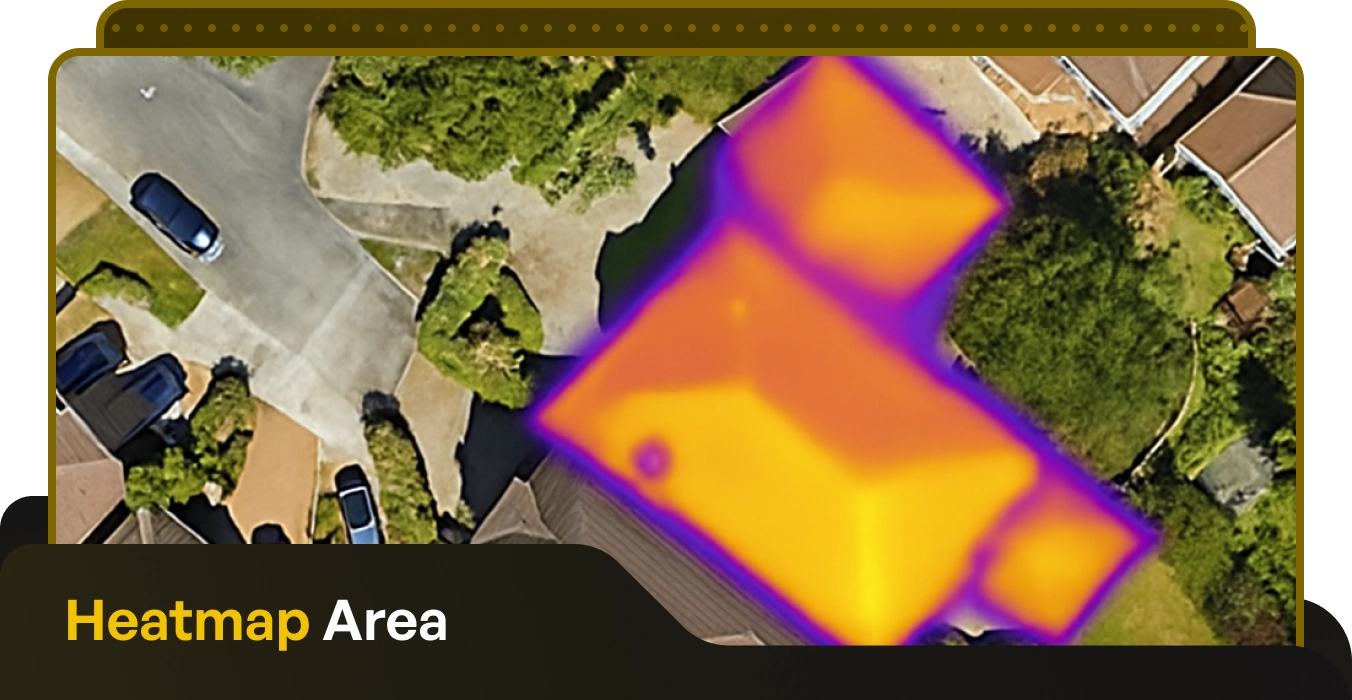Rate of delivery must keep up to achieve ambitious energy targets, SEAI report warns

Written by: Michael Malone
Published: November 27, 2023
Last updated: October 9, 2025
Reading time: 1 mins
The Sustainable Energy Authority of Ireland (SEAI) has published a report which explores the potential impact of Government policies on energy use and greenhouse gas emissions in Ireland from 2022 to 2030.
The National Energy Projections 2023 Report warns that the current scale and pace of delivery mean it is uncertain that the ambitious targets in the Climate Action Plan 2023 will be fully achieved.
The SEAI report finds significant momentum in many actions including delivery of renewable electricity, household retrofit and electric vehicle deployment.
But the required rate of deployment means targets are at risk, in particular those for offshore wind, biomethane, district heating, building retrofit and heat pump deployment.
The report found that with full delivery of the plan’s targets, the energy sector will still likely be off track to keep within its share of Ireland’s national legally binding carbon budgets for 2021-2025 and 2026-2030.
William Walsh, SEAI CEO, explained that since the adoption of the Climate Action and Low Carbon Development Act in 2021, Ireland has seen record progress on the transition towards a low carbon economy.

“Home energy upgrade activity is running 150% ahead of the same time last year. Electric vehicles continue grow in popularity, with the market share at a new high of 18.5%. Government has allocated a record 310 million euro for the development of over 1,200 active travel infrastructure projects,” he said.
“Unfortunately though, our projections analysis indicates that the current progress is not sufficient to keep within our legally binding carbon budgets.”
Rate of delivery must keep up to achieve ambitious energy targets, SEAI report warns
Published: November 27, 2023
Last updated: October 9, 2025

Written by: Michael Malone
Reading time: 1mins
The Sustainable Energy Authority of Ireland (SEAI) has published a report which explores the potential impact of Government policies on energy use and greenhouse gas emissions in Ireland from 2022 to 2030.
The National Energy Projections 2023 Report warns that the current scale and pace of delivery mean it is uncertain that the ambitious targets in the Climate Action Plan 2023 will be fully achieved.
The SEAI report finds significant momentum in many actions including delivery of renewable electricity, household retrofit and electric vehicle deployment.
But the required rate of deployment means targets are at risk, in particular those for offshore wind, biomethane, district heating, building retrofit and heat pump deployment.
The report found that with full delivery of the plan’s targets, the energy sector will still likely be off track to keep within its share of Ireland’s national legally binding carbon budgets for 2021-2025 and 2026-2030.
William Walsh, SEAI CEO, explained that since the adoption of the Climate Action and Low Carbon Development Act in 2021, Ireland has seen record progress on the transition towards a low carbon economy.

“Home energy upgrade activity is running 150% ahead of the same time last year. Electric vehicles continue grow in popularity, with the market share at a new high of 18.5%. Government has allocated a record 310 million euro for the development of over 1,200 active travel infrastructure projects,” he said.
“Unfortunately though, our projections analysis indicates that the current progress is not sufficient to keep within our legally binding carbon budgets.”
Solar Energy Saves Households Thousands in Electricity Costs
Take our 2-minute questionnaire and find affordable solar options to suit your budget and lifestyle.



